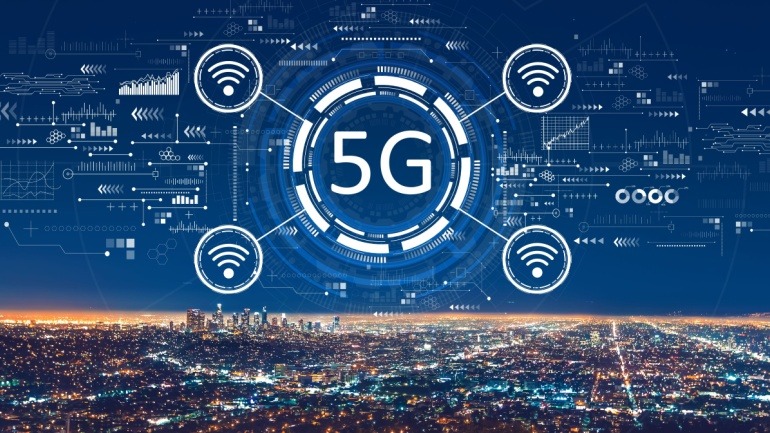NTT Data has secured a multi-year deal to deploy and manage a private 5G network for Belgium’s Roularta Media Group, enhancing operations at its 40,000m² facility. The initiative aims to boost connectivity, starting with push-to-talk communication and expanding to intelligent asset tracking and edge computing.
Chunghwa Telecom and Ericsson have unveiled an advanced 5G network slicing solution, enabling enterprises to activate customized network slices on demand. This innovation enhances network performance, flexibility, and efficiency for critical operations.
The Next Generation Mobile Networks Alliance (NGMN) has unveiled a transformative roadmap towards 6G. This framework addresses current 5G challenges, emphasizing a seamless evolution that integrates cutting-edge technologies.
Colt Technology Services has launched Managed LEO+, a cutting-edge solution combining LEO satellite connectivity with 4G and 5G. Now available in 65 countries, it ensures resilient digital infrastructure for businesses in remote areas.
Telefónica has selected Nokia to supply 4G and 5G core network services for enterprises in Spain, enhancing low-latency solutions like industrial robots and IoT. Simultaneously, Telefónica is advancing its quantum strategy with the BasQ Alliance, hosting Fujitsu’s Digital Annealer to drive innovation in finance, energy, and telecom.
Druid Software has launched a high-end 5G core for private enterprise and edge networks, collaborating with Napatech and Red Hat. The solution enhances 5G SA features like network slicing and URLLC, optimizing efficiency and reducing costs.
Future Technologies has achieved impressive success with over $20 million in Industry 4.0 private 5G deals, primarily partnering with Nokia. Their focus on private 5G extends to connected industrial systems, boosting operational efficiency.
AT&T topped RootMetrics’ second-half 2024 network testing for overall performance at national and state levels. However, Verizon and T-Mobile outpaced AT&T in 5G capabilities. While AT&T excelled in reliability and speed, Verizon led in 5G experience, and T-Mobile dominated availability.
Singtel has pioneered the deployment of the 700 MHz spectrum, enhancing its 5G service and marking a significant milestone in Singapore’s telecom landscape. This upgrade boosts the Singtel 5G+ service, strengthening signals by 40% across challenging environments like high-rises and underground areas.
Samsung Electronics is enhancing UScellular’s 5G network in the Mid-Atlantic with its innovative 5G technology, focusing on fixed wireless access and mobile traffic. The deployment of the 5G Compact Macro simplifies installation and delivers high-speed, low-latency service, crucial for mmWave connectivity.













